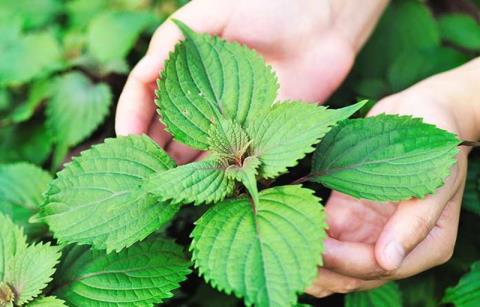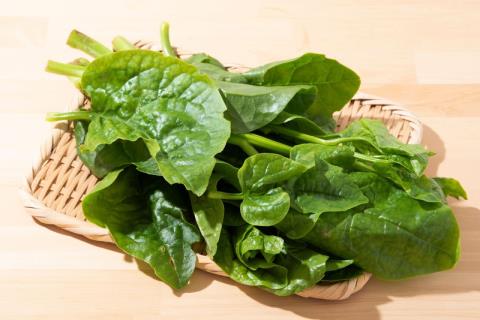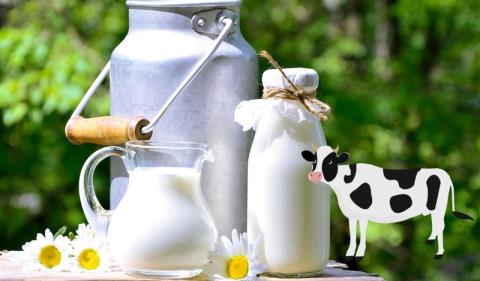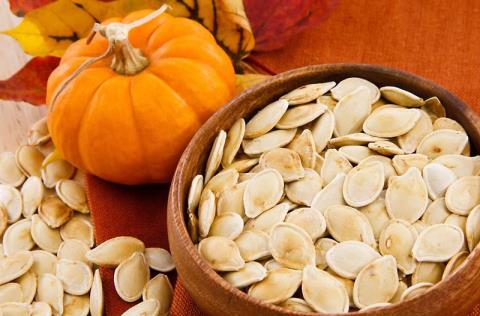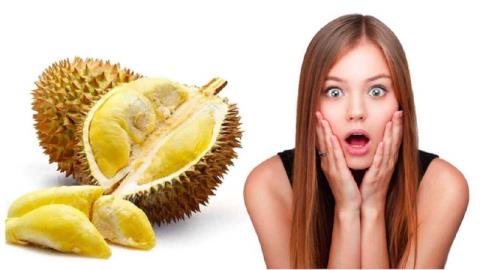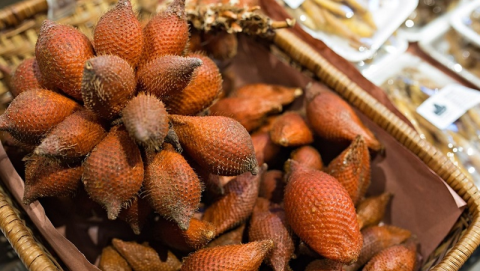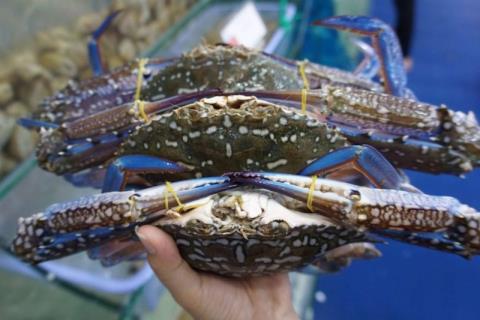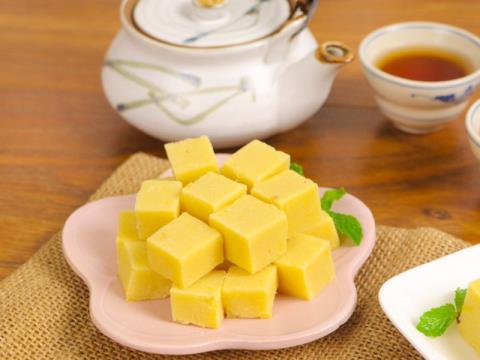Learning which vegetables should be eaten and should be avoided when suffering from gout is very important in managing the disease, helping to reduce pain and prevent recurrent arthritis swelling. Dubbed the king of vegetables, can gout sufferers eat cabbage? Let's find out together!
Green vegetables are the best source of vitamins and minerals for the body. Therefore, eating a lot of green vegetables brings a lot of benefits to human health. However, for people who are suffering from gout , not all vegetables can be eaten.
Which diet is good for gout sufferers?
Before learning whether gout can eat cabbage, patients need to understand that nutrition plays an extremely important role in the treatment of gout. A proper diet can reduce the signs of gout. Here are some dietary tips for people with this joint condition:
- Limit foods high in purines: Avoid eating a lot of red meat, seafood, cheese, peas, alcohol, and high-fructose foods such as soft drinks, instant noodles, and candy.
- Drink enough water: Drinking enough water helps reduce uric acid concentration in the blood and helps the kidneys eliminate waste.
- Eat more fruits and vegetables: Fruits and vegetables are high in antioxidants and fiber, which help boost immunity and reduce the risk of disease.
- Eat foods rich in vitamin C : Vitamin C helps reduce uric acid concentration in the blood. You can eat plenty of fresh fruits and vegetables that contain vitamin C, such as oranges, lemons, kiwis, strawberries, and broccoli.
- Add fiber-rich foods: Eating fiber-rich foods improves digestion and helps eliminate waste from the body.
- Eat starches: You can eat starchy foods such as: Potatoes, corn, rice and instant noodles.
- Avoid fast food: Fast food is often high in purines and fats, causing weight gain and leading to other health problems.
For gout patients should limit foods rich in purines
Can gout eat cabbage?
If you are wondering "Can gout eat cabbage?" then the answer is yes. Cabbage is a nutrient-rich green vegetable that offers many benefits to gout sufferers. Specifically:
- Reduce the risk of gout: Cabbage is one of the green vegetables rich in fiber, vitamin C and antioxidants. They help reduce the risk of gout by eliminating and reducing the amount of uric acid in the body.
- Reduces Inflammation and Pain: Cabbage has natural anti-inflammatory and anti-inflammatory properties that help reduce inflammation and pain in joints affected by gout.
- Good for the digestive system: Cabbage is an excellent source of fiber, which helps reduce the risk of constipation and improves bowel function.
- Supports weight loss: Cabbage is a low-calorie, fiber- and water-rich food that helps to lose weight and maintain a healthy weight in the right range for people with gout.
After knowing if you can eat cabbage with gout, you can completely include this vegetable in your menu, prepare delicious dishes, and help reverse the symptoms of gout.
You can completely include cabbage in the gout menu
Vegetables that gout sufferers should eat
People with the disease should eat vegetables rich in fiber, vitamins and minerals to support the digestive process and reduce the risk of disease recurrence. Delicious and good vegetables for gout sufferers include:
Celery
Vegetables contain a high content of fiber and many essential oils that can repel uric acid in the blood. Vegetables are especially good for patients in the early stages of gout attacks. Besides, celery also adds a necessary amount of vitamins and minerals to protect bone health.
Broccoli
As a green vegetable with cool, sweet taste, clearing heat, and almost no purines, broccoli is extremely good for people with gout. This vegetable not only provides the body with high levels of vitamin C, but also effectively reduces uric acid in the blood.
In addition to cabbage, gout sufferers should eat more broccoli and celery
Green cabbage
Many studies show that mustard greens also have a diuretic effect, which is very suitable for gout patients. Besides, in mustard greens contain a lot of vitamins that can push uric acid out of the body, supporting the treatment of gout.
Vegetables to avoid when suffering from gout
People with gout should limit the consumption of vegetables that contain a lot of purines, because this substance can break down into uric acid in the body. This leads to increased levels of uric acid in the blood and causes arthritis . Vegetables to avoid when suffering from gout include:
Spinach
Water spinach contains many nutrients, vitamins and minerals (phosphorus and calcium) that are good for the body. However, according to many studies, this vegetable is not beneficial for gout patients. It is best for gout sufferers to avoid using water spinach because it can make the wound more painful, swollen and inflamed.
Vegetable spinach
Spinach is benign, non-toxic, has welding properties to help clear heat and diuretic. However, spinach contains oxalic acid and high purine content, so it is not good for patients with gout or kidney stones. This will increase the concentration and accumulation of uric acid and urine in the body causing gout or kidney stones.
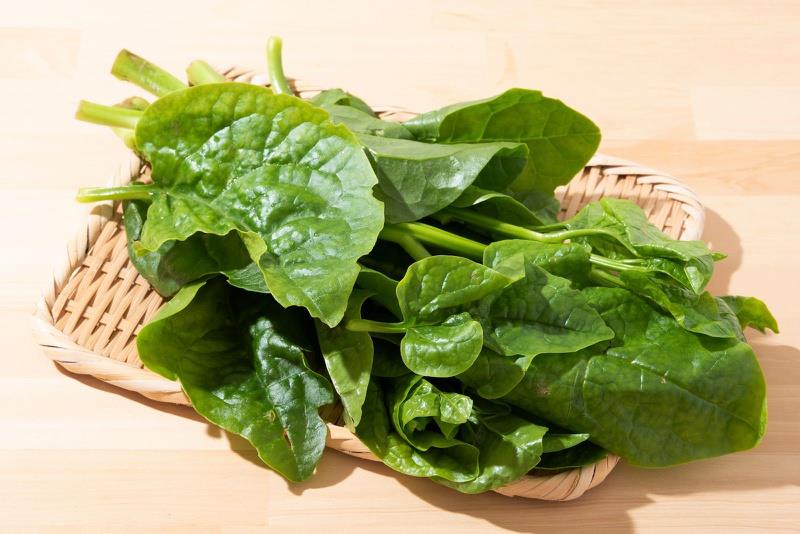
Spinach is not suitable for people with gout
Bean sprouts
Experts recommend that gout sufferers should not use bean sprouts. This vegetable slows down uric acid excretion because it contains many substances that increase the accumulation of uric acid in the blood. When entering the body, it will convert into uric acid and cause severe pain in the joints, gout attacks also get worse.
Asparagus
People with gout should limit or even avoid eating asparagus because they contain very high levels of purines. Eating asparagus while suffering from gout makes the pain longer and worse, and the treatment also takes longer. In addition, bamboo shoots / bamboo are all foods that gout patients should avoid.
Answers to the question "Can gout eat cabbage?" The above hopefully can help you in the process of gout care and treatment. In addition, you should consult with your doctor for advice on a diet suitable for your health condition and reduce the risk of gout recurrence.
